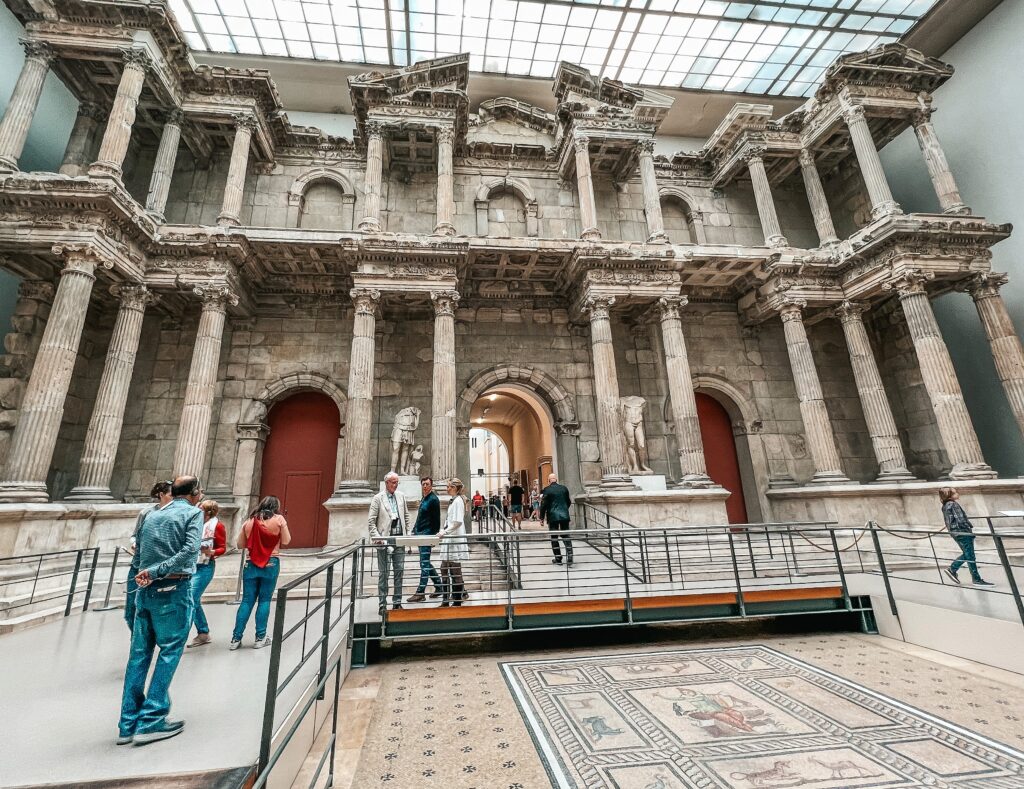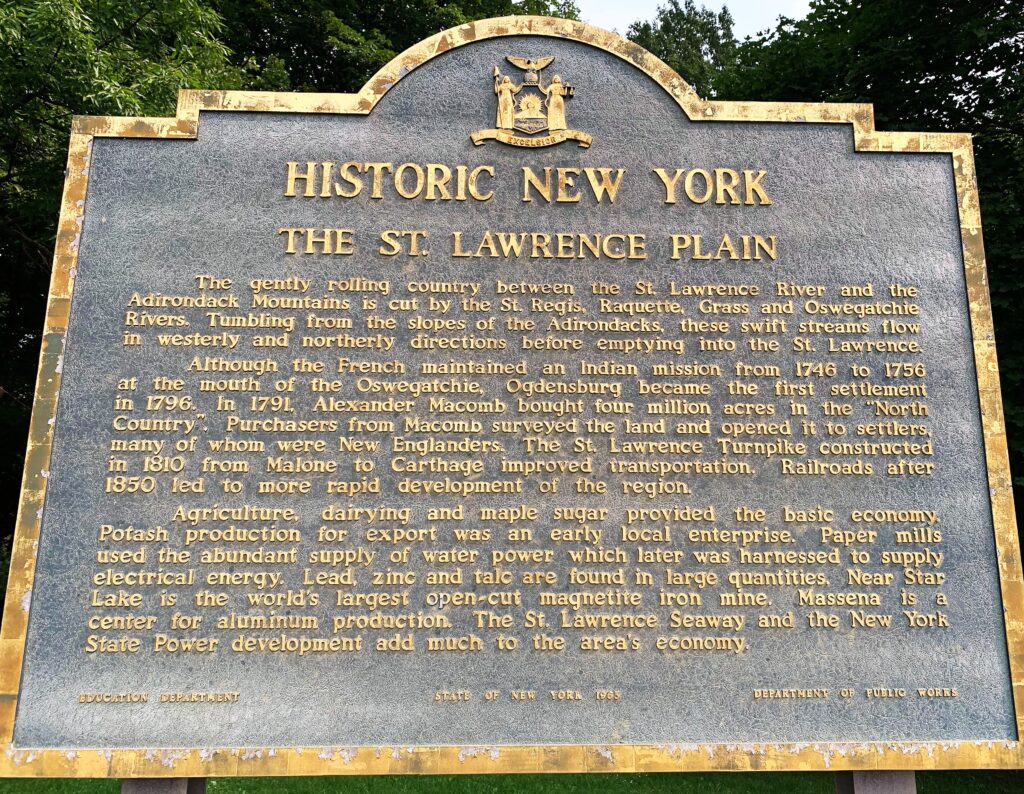What is history?
Readers of historical books need to know the answer.
On Memorial Day, my eight-year-old daughter and I were talking about memory and how it differs from history.
I realized we don’t address this deceptively simple question enough.
Looking back through my education, I don’t remember discussing the very basic question, “What is history?” until upper-level undergrad history courses, which only history majors take. But everyone needs to think about this question.
I wish we talked about it sooner.
Because we all live in a present created by the past, we all have an interest in understanding the basics of how we talk about what came before us. How we understand the past affects how we understand the present and how we in turn create the future.
A lot of people are looking for a definition of history. In my research for this post, I found that around 110,000 people per month search that term on Google.
I found a lack of simple, concise answers in everyday language. I’m going to do my best to fill in that gap with this post.
DISCLOSURE: This page may contain affiliate links. This means if you click on a link to a product or service and make a purchase, I may receive a commission at no cost to you. I choose affiliates with care and appreciate your supporting my work in this way. See Disclaimers and Affiliates for more information.

Definitions and Differences: The Past, History, and Historical Memory
I’m going to start by giving you the simplest definitions of these term I can.
Keep in mind that simplicity is my goal. Multiple books exist about each of these concepts.
Here we go:
The Past is everything known and unknown, knowable and unknowable, that has happened up to the present moment. In short, it’s all of time before now.
History is the chronological narrative record (story) that results from a process of interpretation of the past in which trained practitioners (historians) use standardized methods to arrive at conclusions by studying evidence of the past.
Historical Memory is the story people in any given society tell themselves and each other about their past and what it means.
“The past” is a fairly simple concept, but “history” is a deeply complex one.
When people use the phrase “historical facts” or when they say, “You can’t change history,” I find they’re most often referring to the past. Sure, a certain set of known and unknown events occurred at some prior point. I’d agree that the past can’t be changed. (And based on nearly every time-travel movie I’ve seen, it’s not a good idea to try!)
History, however–well, history can and does change based on new research methods and newly unearthed sources. Historians of different generations in different parts of the world receive different training and make different assumptions based on the biases of their own contexts. They also have different sources available to them. When you consider all that, it’s easy to see why history is not and cannot be viewed as a single, unchanging narrative.
This is one reason you can’t pull any book off the shelf–say, a book about the American Civil War (1861-1865) from 1950–and assume you’re getting “historical facts.”
You might be getting some accurate information, but at this point that scholarship is nearly 75 years old and what you are learning is what historians believed to be true in 1950. Various elements have been built upon or refuted by later historians. The book may have been excellent in its day–but even the best history needs updating.
Historical memory takes us into different territory. How do we as a society remember our past? What stories do we tell that are more rooted in emotion than in analysis? What holidays do we observe? What do we hold sacred? What stories do we tell again and again about the origins of our people? Are there monuments, songs, movies, books, art? How do we create collective “memories” that bind us together?
Related: 15 of My Family’s Favorite Books About Ireland
Here are two books that ask and answer “What is History?”
E.H. Carr’s classic work remains relevant and studied today.
Helen Carr, E.H. Carr’s great-granddaughter, and Suzannah Lipscomb updated the question and the answers for a new century. (To be clear, these are two different books.)
Frequently Asked Questions about History
I didn’t make these up. These are actual questions people plug into Google on a regular basis.

Related: 20 Berlin History Books Recommended by Travelers and Tour Guides
Why It Matters
Fights about history are taking over school board meetings and kitchen tables across the United States (and in many other countries as well).
We all need to know what we’re talking about.
We need to know the differences between the past, history, and historical memory in order to have a hope of understanding each other and getting to that brighter future together.
We need to be able to define our terms.
What other questions do you have about this topic: What is history?
Leave them for me in the comments!
Pin it for later!

16 comments
This was such an interesting read. I love how you break this down and explain history vs memory because you are right there is a difference, and I think the two get lumped together at times.
Yes, they definitely do! I’m glad you enjoyed the post.
I love that thought provoking question your daughter posed. That’s why I love kids, they have such interesting questions that makes us adults really think. I have to say I enjoy learning about history more now that I am out of the classroom.
I learn a lot from listening to my kids! And while I always enjoyed learning history in the classroom, I understand why it becomes more appealing when you’re able to follow your own interests.
What a great question and I really appreciate your definitions too. Thank you!
I’m so glad this was helpful!
Interesting read and dive into what is history? I like how you broke it down into several parts to clarify the differences between the past, history, and a historical memory.
Those differences matter so much!
This was such a helpful and interesting post; I learned so much! I feel like it can be easy to confuse “the past” with “history” but you are so right! The differences matter. Thanks for sharing this!
I’m so glad it was helpful to you!
Great article! Some of the nuances there were things I’ve never heard before. I’m adding this to my 9th grader’s first day history assignment for the fall.
Yay! I’m totally nerding out with excitement over getting on a syllabus! 😉
I would very much agree with you in your assertion that the definition you presented to the question, “what is history “, is a good one . In fact , I really can’t think of a better one .
I also had no clue that 110k people googled that question each month .
Blows my historical/polisci mind !
I was stunned to see those numbers!
I think it is very important to remember that one aspect of history is that what we read about the past is one person’s interpretation based on their resources, bias, and objectives. It’s why there can be so many books written on a single topic, all different presentations of a period in time or an event. The analogy of blind people describing an elephant, based on what they could feel/ touch is apt.
Yes! One of the things I really do love about history is its diversity–everyone’s interpretation is different. There are endless angles and approaches. I find that really exciting (and sometimes overwhelming).